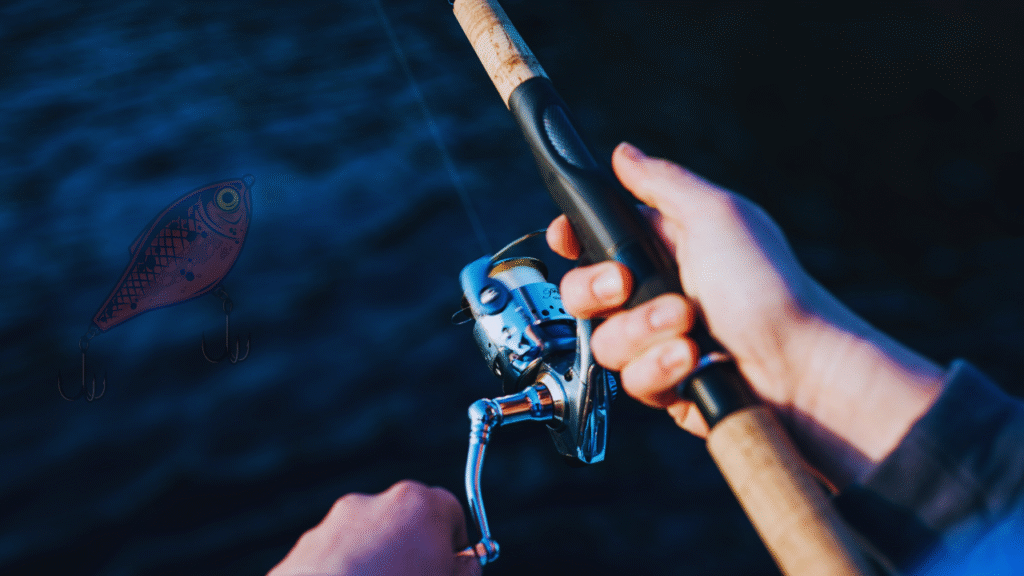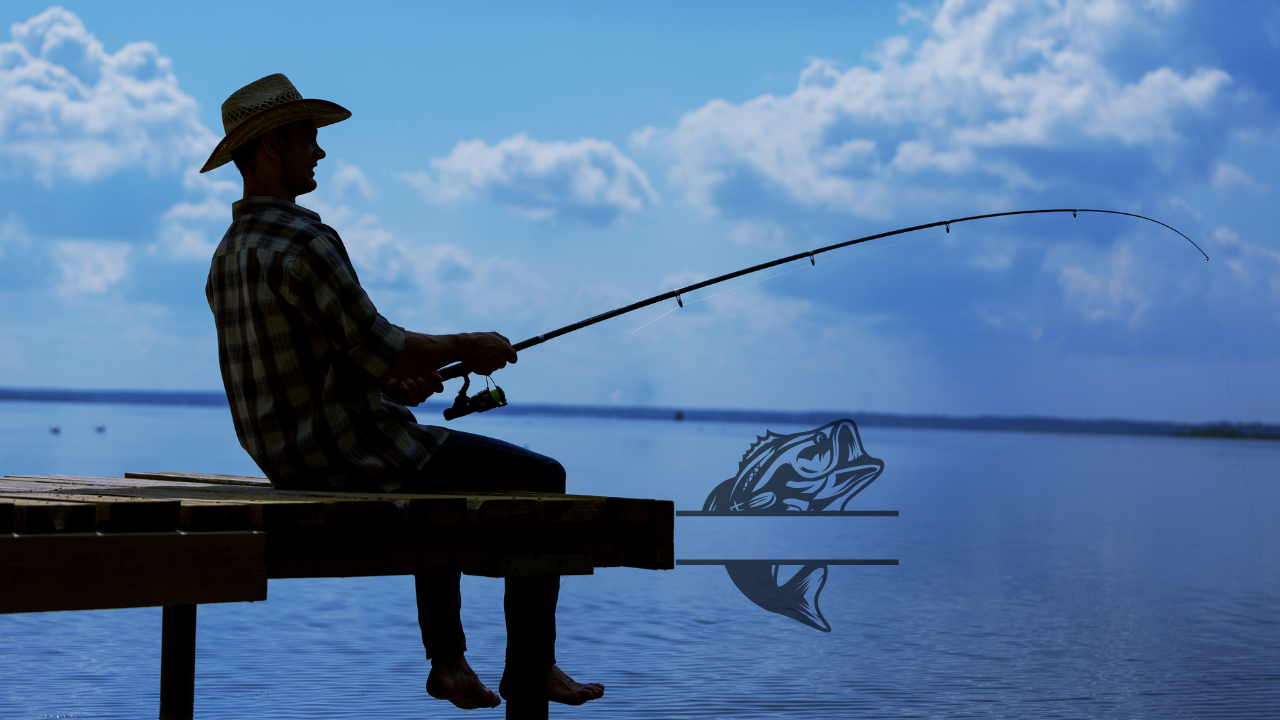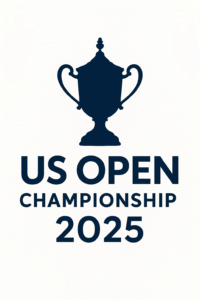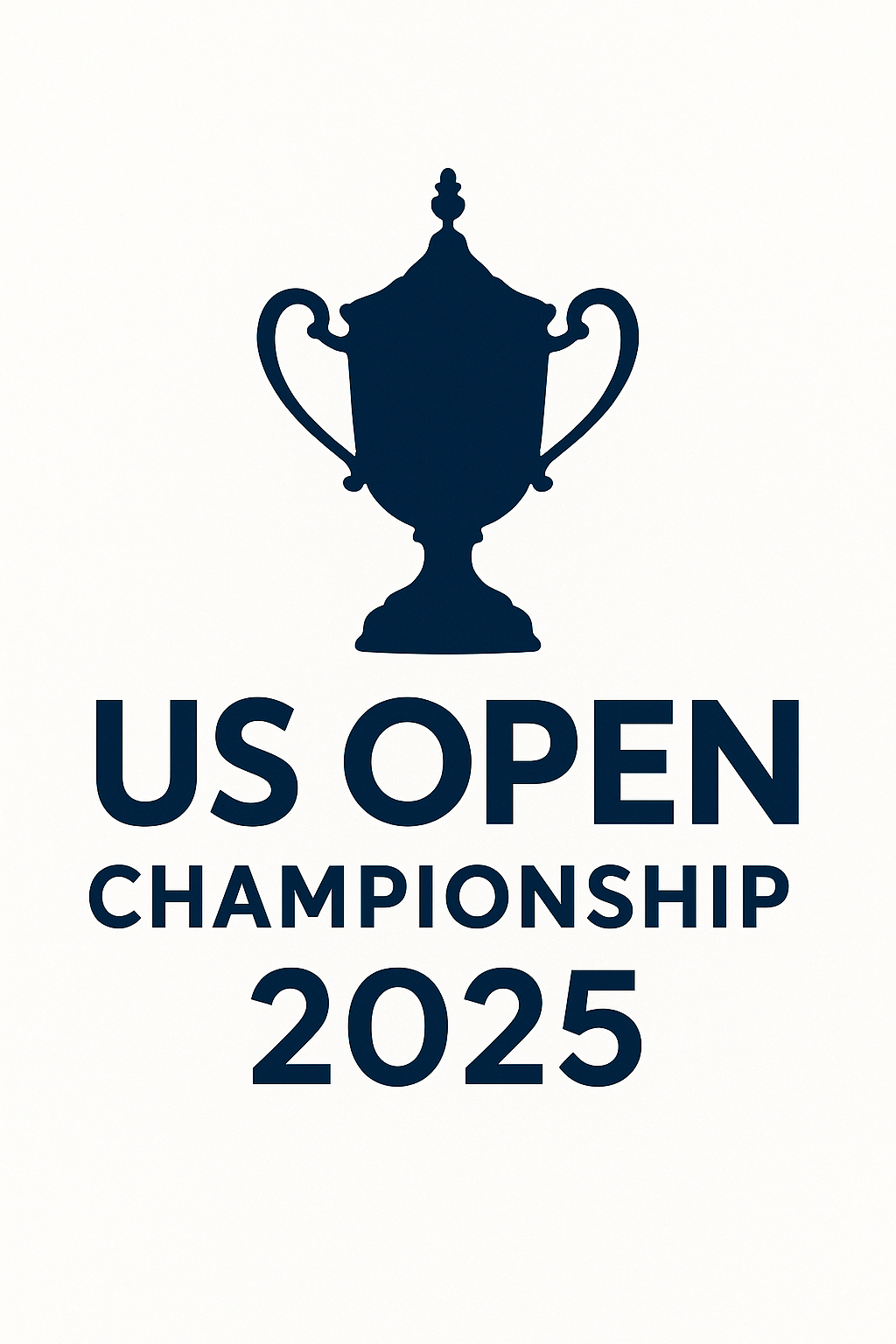Fishing is one of the oldest human activities, dating back over 40,000 years when ancient people used spears, bone hooks, and nets for survival. From the Nile River in ancient Egypt to the rivers of China, fishing became not just a necessity but a part of culture and economy. Ancient Greeks wrote about it; Indigenous tribes across the Americas developed smart trapping systems; and in medieval Europe, monks built fishponds to sustain their communities. But it wasn’t until the 17th century that fishing transformed into a hobby, thanks to Izaak Walton’s famous book The Compleat Angler, which romanticized angling as a peaceful, reflective pursuit. By the 1800s, technological advances like reels, rods, and artificial lures fueled the rise of recreational and sport fishing across Europe and America. Today, fishing has evolved into a global activity—embraced for food, fun, and fierce competition.
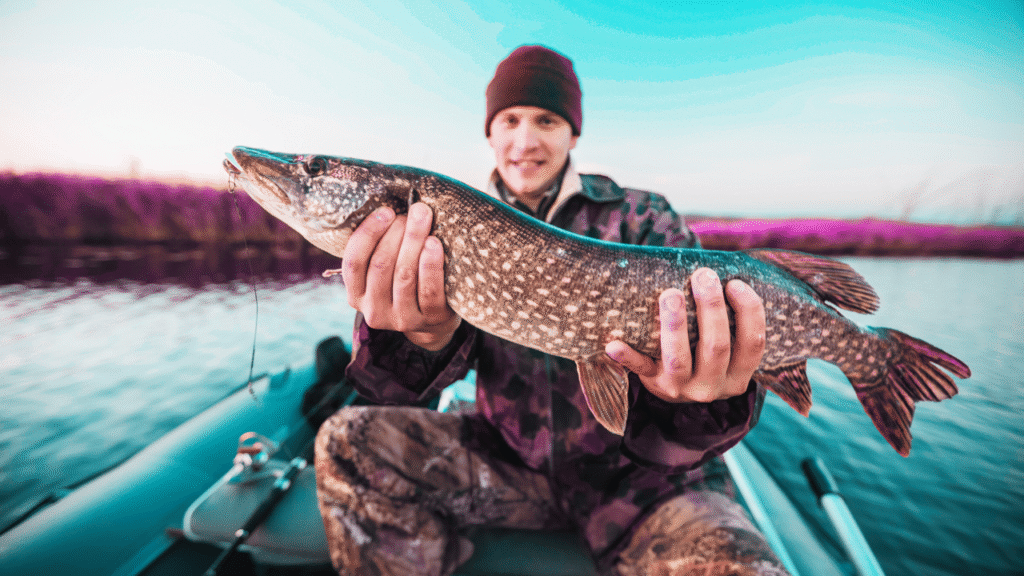
✅ Is Fishing a Sport?
Yes, fishing is officially recognized as a sport—especially in its competitive form. Known as sport fishing or angling, it involves skill, strategy, timing, and even physical endurance. Just like golf or archery, fishing is a test of precision and patience.
Sport fishing tournaments exist at local, national, and international levels. Competitors are often judged by:
- Size or weight of the catch
- Number of fish caught
- Adherence to catch-and-release practices
- Mastery of technique and gear use
Professional anglers often train for years, and there are even world rankings and televised championships—proving that fishing is far more than a lazy afternoon by the lake.
READ MORE: How the NFL Works: Rules, Scoring, and Season Format
🏆 Is Fishing in the Olympics?
Fishing is not currently an Olympic sport, but there’s growing discussion about its potential inclusion in future games. Here’s why:
- Global Participation: Recreational and competitive fishing are practiced in over 100 countries.
- Skill-Based: Like shooting or archery, fishing relies heavily on technique and calm under pressure.
- Environmental Advocacy: Competitive fishing often promotes conservation, sustainability, and awareness about marine ecosystems.
Although fishing was part of the unofficial program in the 1900 Paris Olympics, it was never formally recognized. However, the International Sport Fishing Federation (CIPS) continues to advocate for its inclusion.
🎣 What Is Recreational Fishing?
Recreational fishing, also known as leisure fishing, refers to fishing for fun, relaxation, and enjoyment rather than for food or profit. It includes:
- Fishing from boats, docks, or shores
- Catch-and-release fishing
- Family outings or solo escapes into nature
Unlike commercial fishing, it’s done with a personal license in most regions and regulated to preserve fish populations.
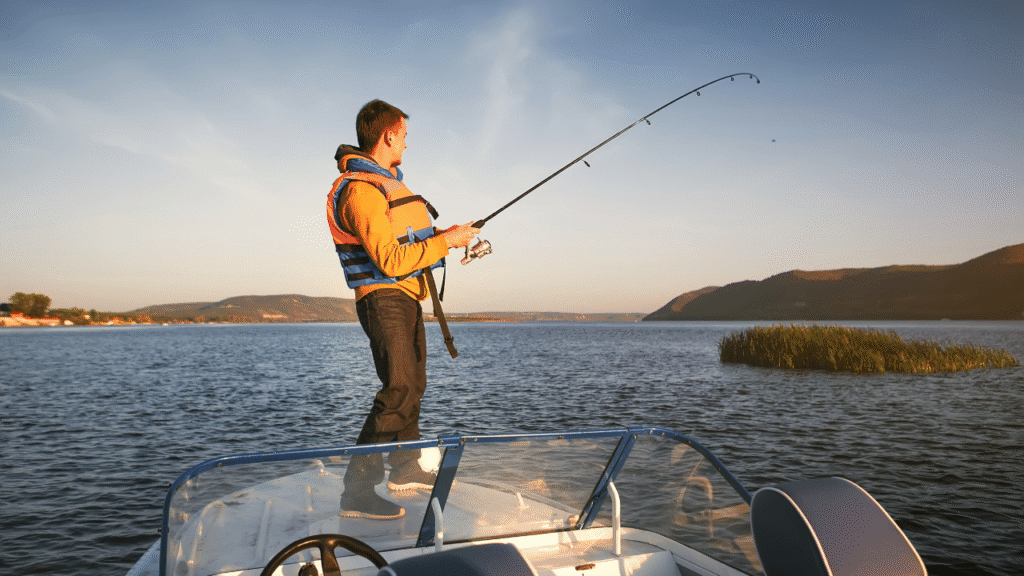
💡 So, Is Fishing a Hobby?
Yes, fishing is widely embraced as a relaxing and rewarding hobby by millions around the world. Whether it’s casting a line at a quiet lake, fly fishing in a rushing stream, or spending weekends on a boat with friends, fishing offers a peaceful escape from daily stress. As a hobby, it promotes patience, mindfulness, and a deep connection with nature. For many, it’s not about the catch—it’s about the experience. And while some fish for sport, others enjoy it purely as a way to unwind, explore new places, or bond with loved ones.
🎯 Sport or Hobby? Fishing Is Both!
So, is fishing a sport? Yes. Is fishing a hobby? Also yes. Fishing wears many hats—it can be a weekend retreat, a competitive pursuit, or a lifelong passion. From quiet lakes to global tournaments, fishing continues to inspire and unite people in unique ways.
And who knows? We might just see fishing in the Olympics someday soon.
